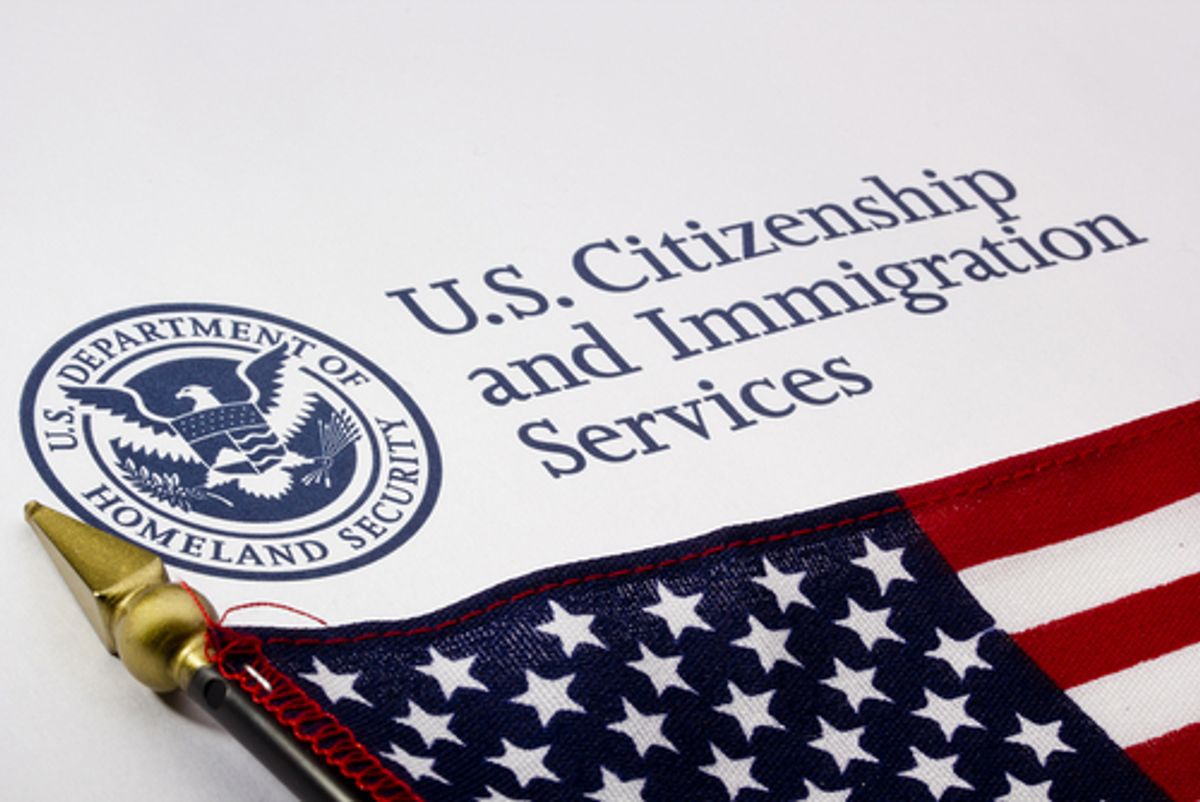Under President Obama, a record number of unauthorized immigrants have been deported from the United States. Within the country -- from state to state, city to city, police department to police department -- the enforcement of federal immigration policy also differs significantly.
A new study in the Journal of Public Administration Research looks at possible factors contributing to why some city police departments are particularly stringent on enforcing immigration law. "Many assume that in places where the political climate runs against unauthorized immigrants — and where longer-standing community members perceive the 'threat' of encroachment by new arrivals — there is automatically a backlash, manifest through law enforcement crackdowns. But research suggests these dynamics are often complex," noted the report from Arizona State University and John Jay College-CUNY.
Using data from a survey of police chiefs from 237 large to medium-sized cities around the country, the study concluded that "local political or administrative factors (the percentage of Republican voters, the presence of a Latino chief)" correlated more consistently with intensive immigration law enforcement than did other factors like crime rates, unemployment rates or a recent growth in immigrant populations.
Interesting findings from the study include:
- The presence of a Hispanic police chief is associated with a reduction in the intensity of enforcement of immigration-related laws.
- In cities where the majority of voters are Republican and police chiefs report to the mayor and city council rather than a professional manager, there are significant increases in the level of enforcement. “Police practices — in the form of the police enforcement score — do have a relationship with city government policy. More aggressive immigration policing is associated with a stricter city policy.”
- “Nearly half of the city governments have sent no clear policy signal regarding immigration policing to their police department (according to the chief),” the data suggest. “This means that departments in such cities are necessarily devising their own strategies for how to deal with possible unauthorized immigrants or — if there are no departmental guidelines — are leaving decisions about such interactions to street-level decisions by officers.”
- “Contrary to the threat hypothesis, the rate of increase in the local proportion of immigrants, all else equal, is not associated with our measures of city policy or police practices. And in fact, cities with high shares of immigrants in the population tend to experience less aggressive enforcement. Moreover, seemingly objective measures of community crisis, such as rates of unemployment or of violent crime, do not show any significant relationship to the outcomes we have measured.” When surveyed, police in communities with large immigrant populations would enforce regulations in 11% fewer situations.
The findings are significant insofar as they challenge the "threat hypothesis" commonly assumed to underpin harsh immigration policing. The hypothesis, developed by sociologist Herbert Blumer in the mid-20th Century, states that "the perception by members of the majority group that an outside group threatens their group's prerogative is positively associated with prejudice against the outgroup." This recent study does not deny the relevance of this sort majority-view prejudice, but points to the importance of specific, nuanced administrative issues as crucial in determining the way in which immigration policy is enforced -- it's not enough to point to an influx of immigrants, a high crime rate or a high unemployment level to account for harsh, anti-immigrant policing.



Shares